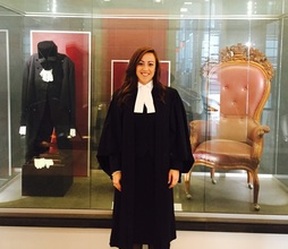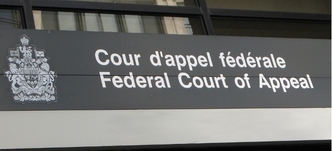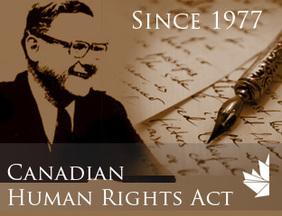
Following a diagnosis of PTSD, whether it be from a treating practitioner or a specialist, respondent officers must present independent medical evidence of their PTSD to the Tribunal. It is necessary for there to be a connection between their disease and their misconduct. This significantly mitigates any potential penalty that an employer may seek, up to an including dismissal. The Employer has a duty to accommodate a diagnosed medically recognized illness, so long as there is a connection between this illness and the misconduct; with the nature of policing as it is, it is reasonable that this can be established, given the impact of the profession on first responders.
Hearing officers are appreciating this impact, and taking account of it in their decisions. Retired Deputy Chief Terrence Kelly recently rendered his disposition in a PSA matter where PTSD was a significant contributing factor to the officer’s misconduct, recognizing the importance of removing the stigma associated with PTSD, and appreciating that recovery is possible:
"Work-related stress in policing was the subject of much comment at this hearing. It is accepted that stress in the workplace that frontline police officers are subject to, is not an uncommon condition in policing and public service. This officer has demonstrated he is determined to overcome his PTSD and is working very hard along with his family members to accomplish this goal. Unfortunately, people who suffer from this illness often have to cope with the stigma which, regrettably, is often still attached to this illness. The negativity towards those living with PTSD is unacceptable in this day and age, and it behooves those of us who are involved in such circumstances to offer encouragement and not label anyone who suffers from this condition as unproductive. Nothing could be further from the truth. With support and acceptance, Cst. B’s journey to complete recovery is very attainable.”
Officers must focus on treatment and recovery, and it is our job to ensure they receive the appropriate mitigation within their hearings, where the circumstances justify it. Obtaining Independent Medical Examinations early, and ensuring that the officer has a medical team in place to assist in their treatment and recovery is necessary. In the aforementioned case, the redaction of the officer’s name in the written decision was as a direct result of medical evidence establishing the negative impact further publication would serve to have on both the officer, and their family.
PTSD is not new, however the way it is being assessed within disciplinary hearings is. Let us turn our attention to ensuring Employers modify their processes to prevent the exacerbation of PTSD within the workplace.









 RSS Feed
RSS Feed





